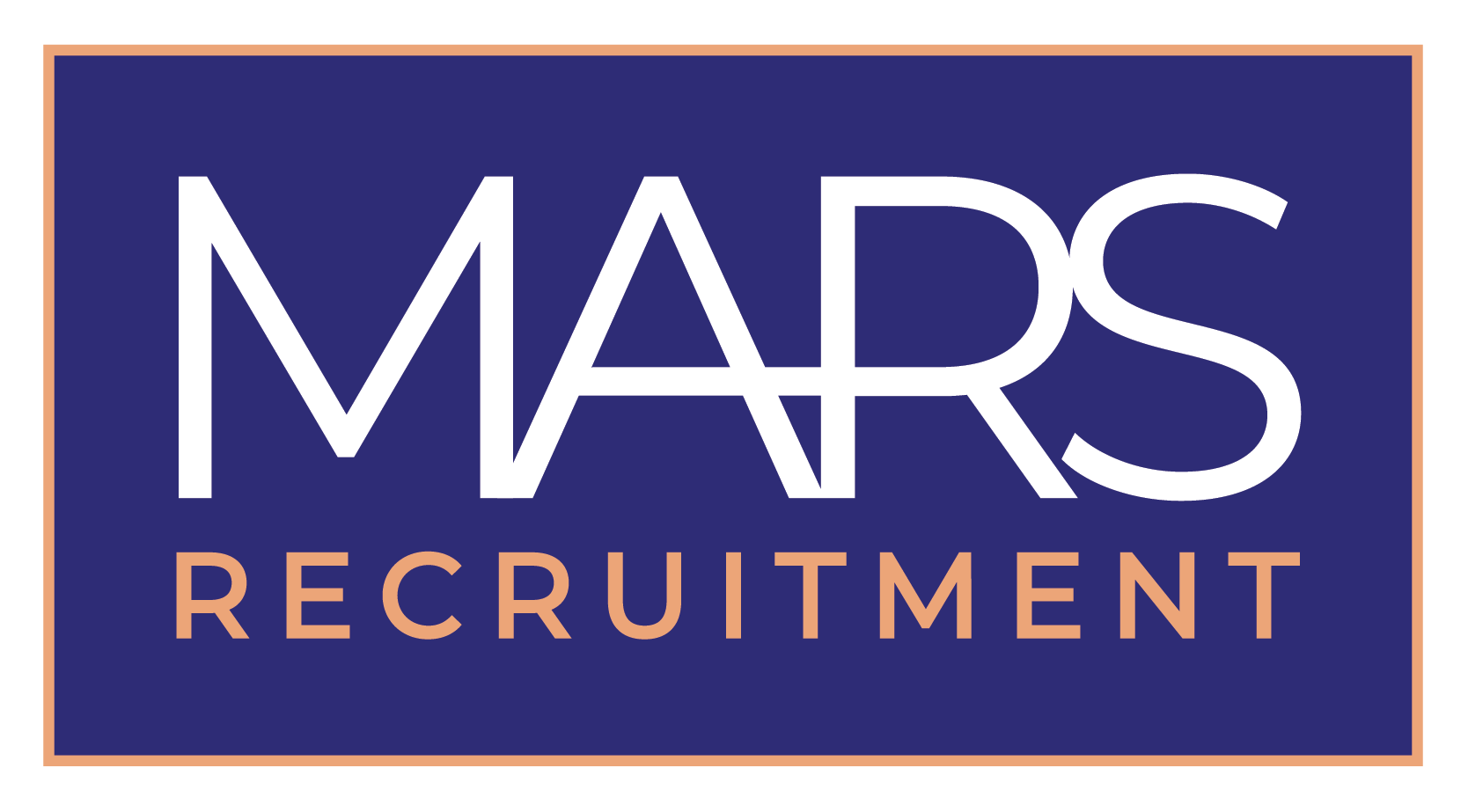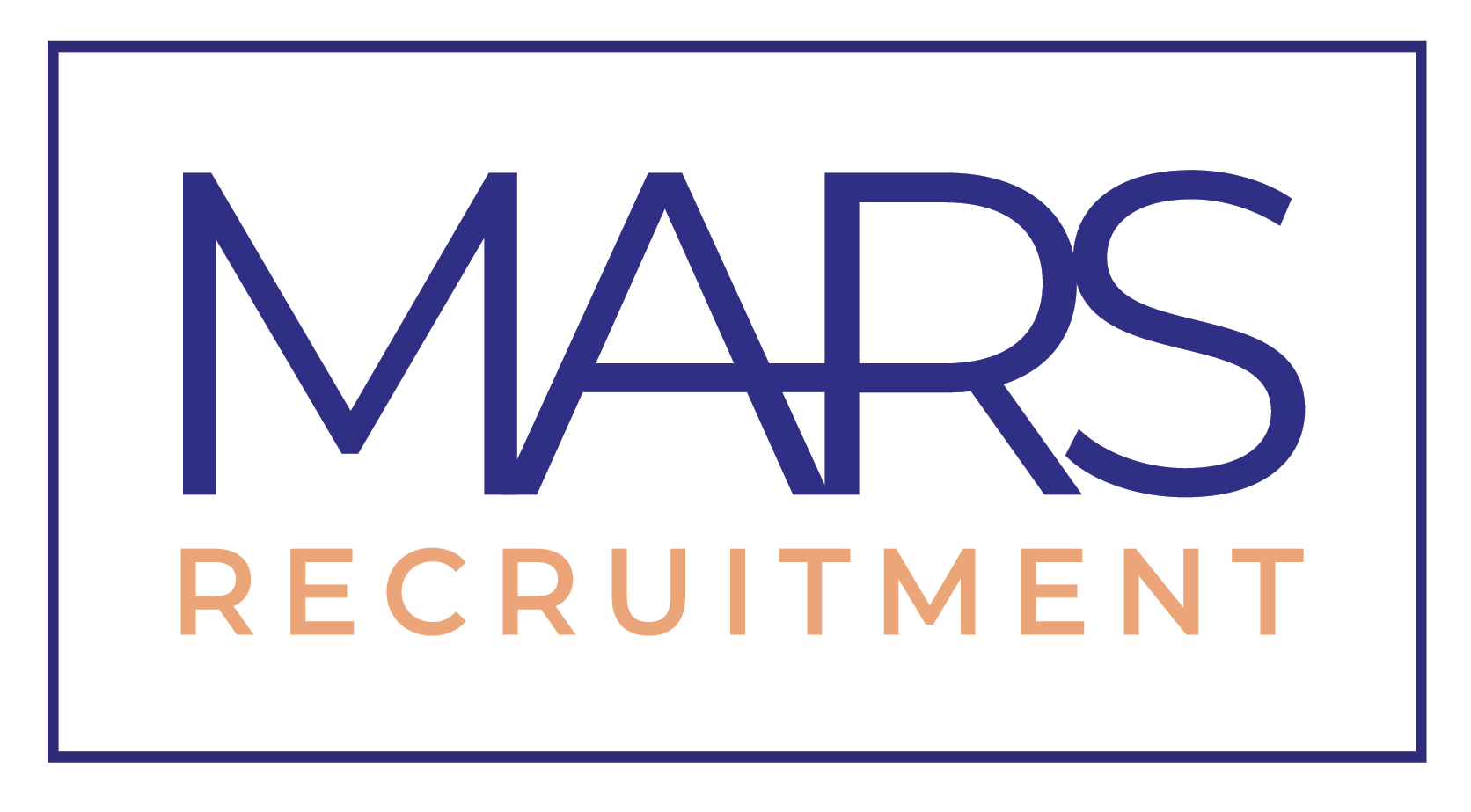In today’s ever-evolving job market, businesses must make strategic decisions about their workforce. A crucial consideration is whether to hire temporary contractors or permanent staff to meet company goals effectively. In Australia, the balance between temporary and permanent hires can significantly impact an organisation’s agility, costs, and long-term growth. Let’s explore the benefits and challenges of both hiring models and how to find the right mix for your business.
The Case for Temporary Hires
Temporary or contract hires have become increasingly popular in industries needing flexibility. Whether covering short-term projects, responding to peak workloads, or addressing gaps during employee leave, contractors can be a quick solution for businesses.
Key Benefits:
- Flexibility: Temporary hires give businesses the ability to scale their workforce up or down in response to demand fluctuations without long-term commitments.
- Cost-Efficiency: Contractors often come without the same overhead expenses as permanent staff, allowing businesses to better manage budgets for short-term projects. Typically, the costs associated with contractors are incorporated into an hourly or daily charge, which includes all statutory oncosts such as payroll tax, superannuation, and insurances. This approach enables businesses to predict expenses accurately while ensuring compliance with legal obligations.
- Specialised Skills: Hiring interim talent can provide access to niche skills that may not be required year-round. Contractors can bring in their expertise and quickly make an impact without the need for lengthy onboarding.
Considerations:
- Less Long-Term Investment: Contractors often lack the deeper company loyalty or long-term alignment that permanent staff bring. This can be an issue in roles that require a deep understanding of the organisation’s culture and goals.
- Limited Control: Since contractors are not permanent employees, businesses have less control over their development and retention. This can lead to higher turnover and the need for regular training.
The Case for Permanent Hires
Permanent staff are the backbone of any company. They are integral to building organisational culture, fostering collaboration, and driving long-term growth.
Key Benefits:
- Long-Term Commitment: Permanent employees are more likely to invest in the company’s success. They help foster a strong company culture and are more committed to achieving long-term goals.
- Skills Development: Permanent staff can be developed and nurtured, allowing them to grow within the company. This investment in their professional development helps businesses build a sustainable and skilled workforce over time.
- Stability: Having a dedicated team in place provides businesses with stability and continuity. This is especially important for core functions like management, operations, and customer service.
Considerations:
- Higher Costs: Permanent hires come with additional costs such as benefits, leave entitlements, and long-term obligations. While this investment can pay off, it may not be suitable for short-term or fluctuating business needs.
- Reduced Flexibility: Unlike contractors, permanent employees are not easily scalable based on demand. This can result in higher overheads during slow periods.
Finding the Right Balance
Striking the right balance between temporary and permanent hires depends on the specific needs of your business. If your industry faces seasonal changes, project-based work, or fluctuating demands, temporary hires can help you stay agile. On the other hand, if your company relies on deep institutional knowledge, long-term growth strategies, and stable operations, investing in permanent staff is key.
Here are some practical tips to help you decide:
- Assess Current Business Needs: Determine whether your staffing needs are long-term or short-term. For short-term projects or fluctuating demand, contractors may be the better option.
- Consider Core vs. Non-Core Roles: For critical functions, permanent staff are generally a better fit. Temporary hires are ideal for non-core roles or specialised projects.
- Budget Flexibility: Evaluate how much flexibility your budget allows. Contractors can provide cost savings, but permanent staff offer long-term value.
In summary, both temporary and permanent hires play essential roles in ensuring your business’s success. By understanding the benefits and challenges of each, you can create a balanced workforce strategy that allows your business to thrive. Whether you need interim expertise or long-term investment, MARS Recruitment can help you find the right talent to achieve your goals.
[DISCLAIMER] The information provided in this article is for general, informational purposes only and should not be construed as professional advice. Individuals are encouraged to seek guidance from qualified career coaches or advisors when navigating career transitions.



